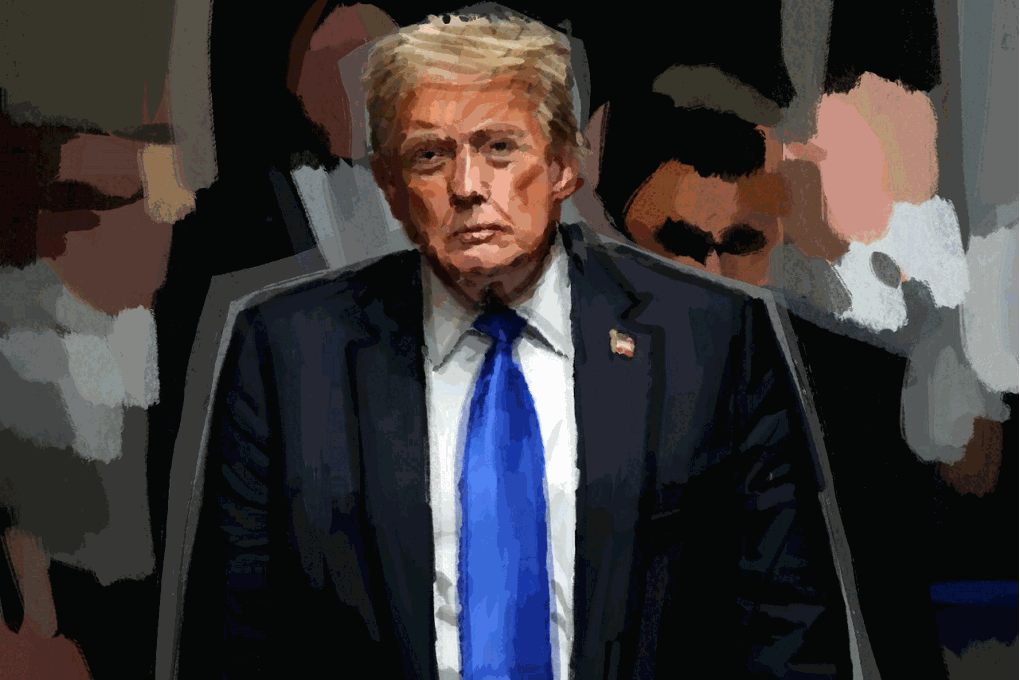On May 30, Donald J. Trump became the first former president of the United States to be convicted of felony crimes in American history. He was found guilty on all 34 charges against him in relation to a $130,000 hush money payment to Stormy Daniels before the 2016 election. The payments to Daniels, a porn star, were made to silence her regarding a sexual encounter she had with Trump in 2006.
Here’s a quick breakdown:
The Trial
Held in Manhattan, the hush money case was overseen by Judge Juan Merchan. Stormy Daniels testified against Trump, describing her sexual encounter with Trump in explicit detail.
Another key witness, Micheal Cohen, testified as the most direct contact between Trump and the charges. As Trump’s former personal fixer and the one who made the payments, he gave a detailed view of the situation and Trump’s involvement. Trump’s defense relied on discrediting these witness accounts.
When the closing arguments concluded and jury instructions were issued, the 12 person jury deliberated for over two days — roughly ten hours. Unanimously, they found Trump guilty on all charges — 11 invoices, 12 ledger entries, and 11 checks
The Response
Immediately after exiting the courtroom, Trump addressed the press waiting outside, calling the trial “disgrace” and “rigged” — staying true to his repeated accusations of a biased judge and jury pool during the course of the trial.
Trump’s campaign leaned into the guilty verdict as an advantage. Referring to Trump as a “political prisoner,” they have urged voters to donate to his cause. WinRed, the payment processor for Republican campaign donations, crashed not long after he was convicted.
Trump is expected to appeal the verdict, a process that could take many months or even years. It is unlikely that the appeal will be settled before election day — November 5.
As for the Biden administration, they responded to the verdict by urging people to vote, claiming, “There’s one way to keep Donald Trump out of the Oval Office: at the ballot box.”
What’s Next?
Trump’s sentencing is set for July 11, just four days before Republicans will officially nominate him at their national convention in Milwaukee, Wisconsin. The charges potentially carry up to four years behind bars, though the sentencing could also include fines, restitution or probation. Trump’s multiple violations of the gag order could also play into his sentence.
In the time between the verdict and the sentencing, Trump can speak to the press, travel and continue his campaign freely. The gag order that prevented him from discussing witnesses, jurors and the judge’s family members has been removed.
And the answer to the million dollar question: Trump can still run for president. The Constitution doesn’t bar a felon from running for or being sworn in as president of the United States.
However, the legal turmoil for the former president isn’t over yet. Trump still has three other felony indictments in progress — although this is likely the only one that will come to a close before the November election.








